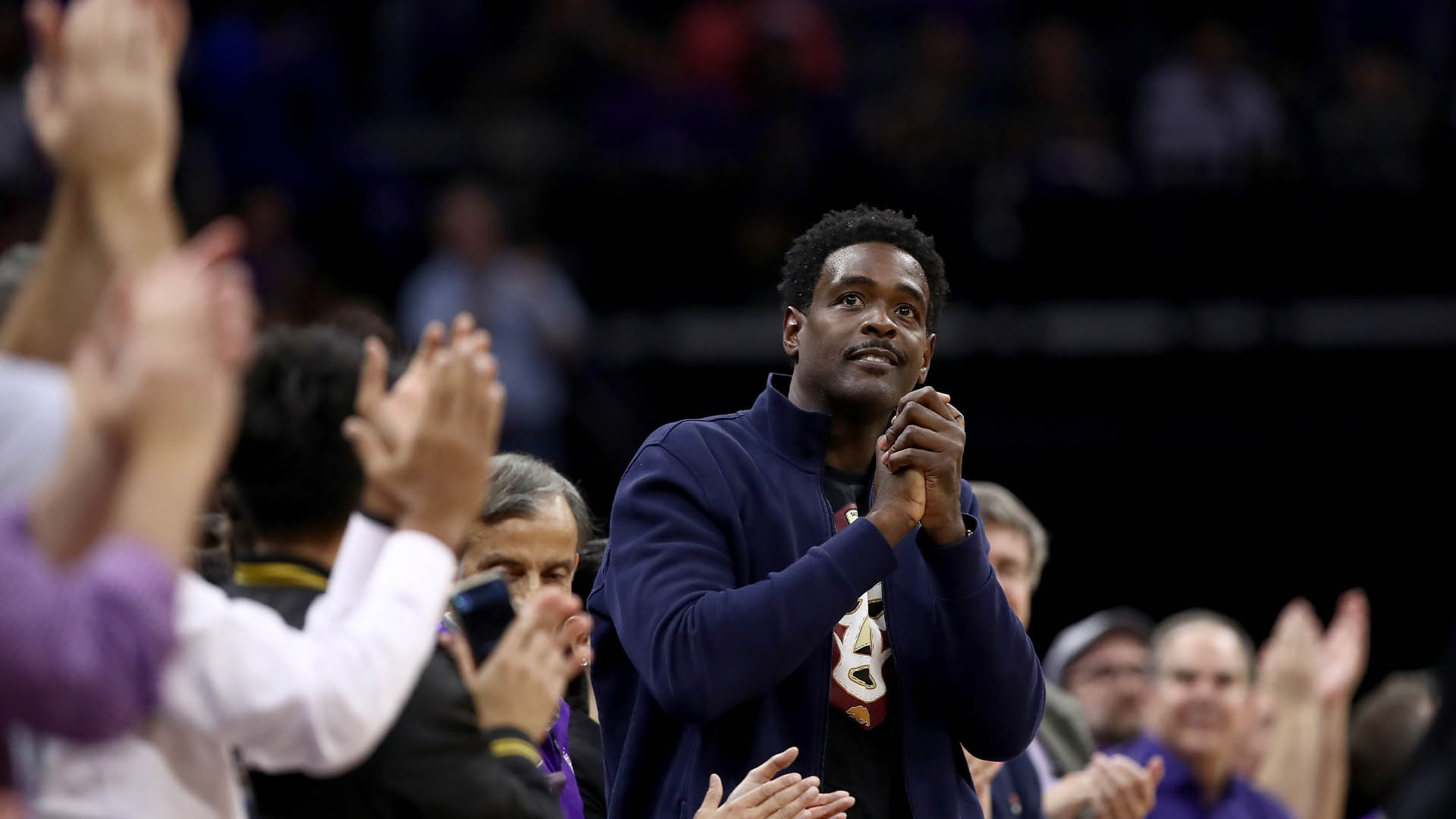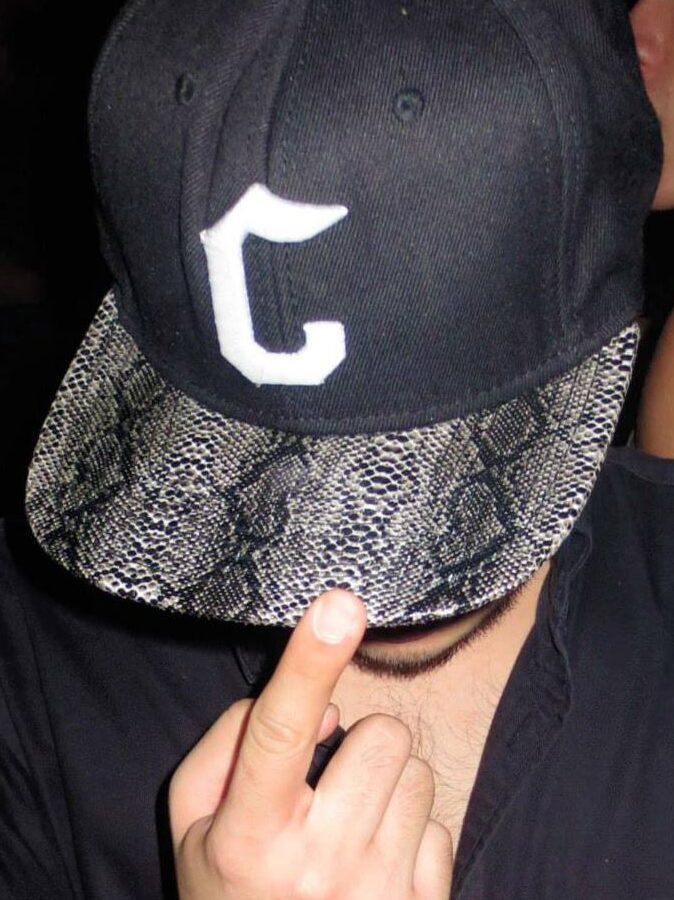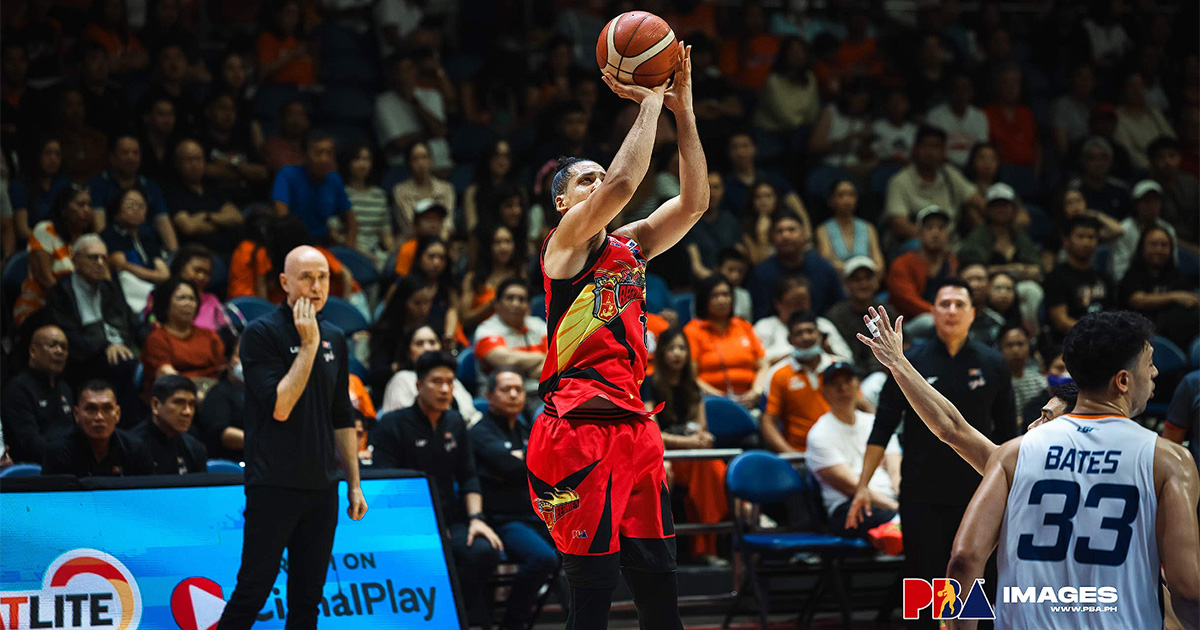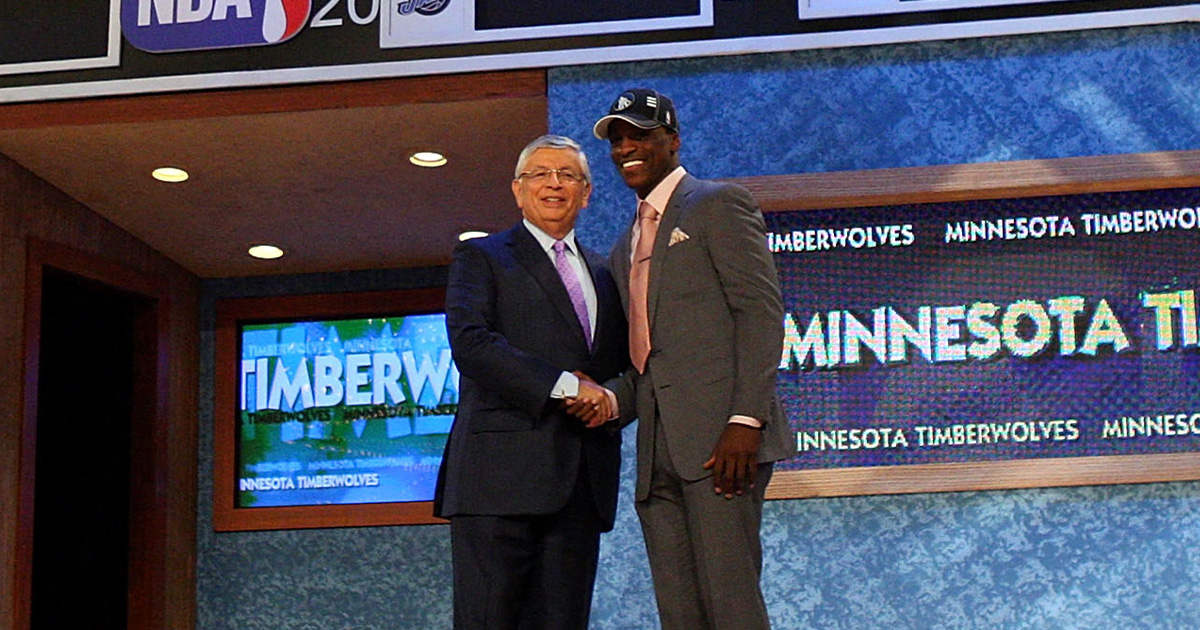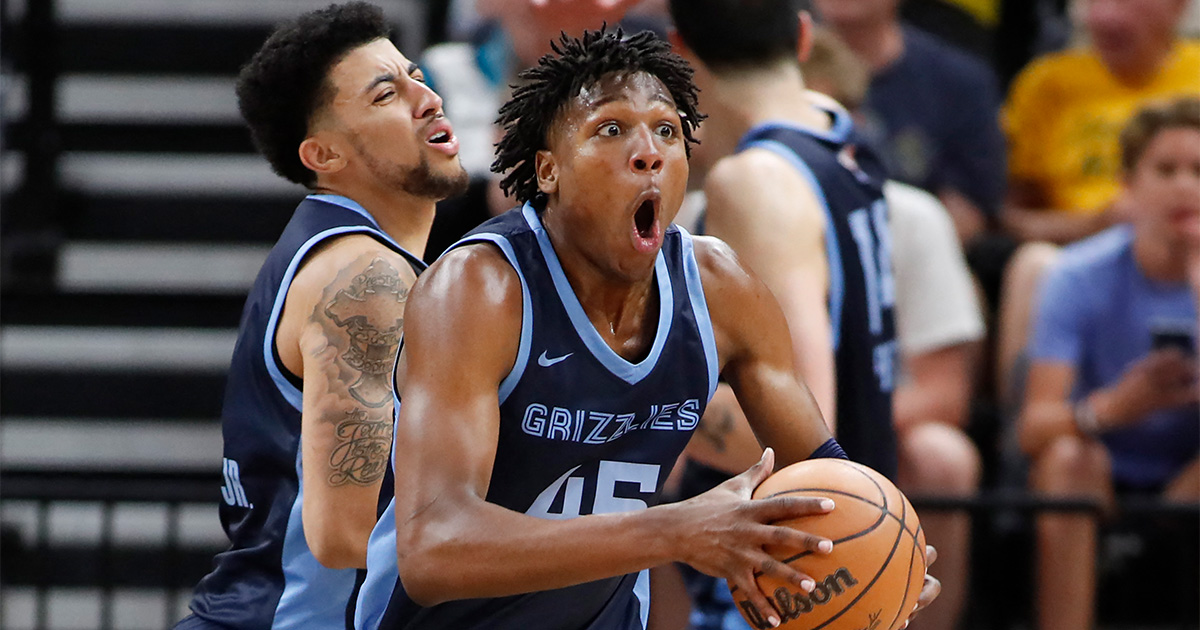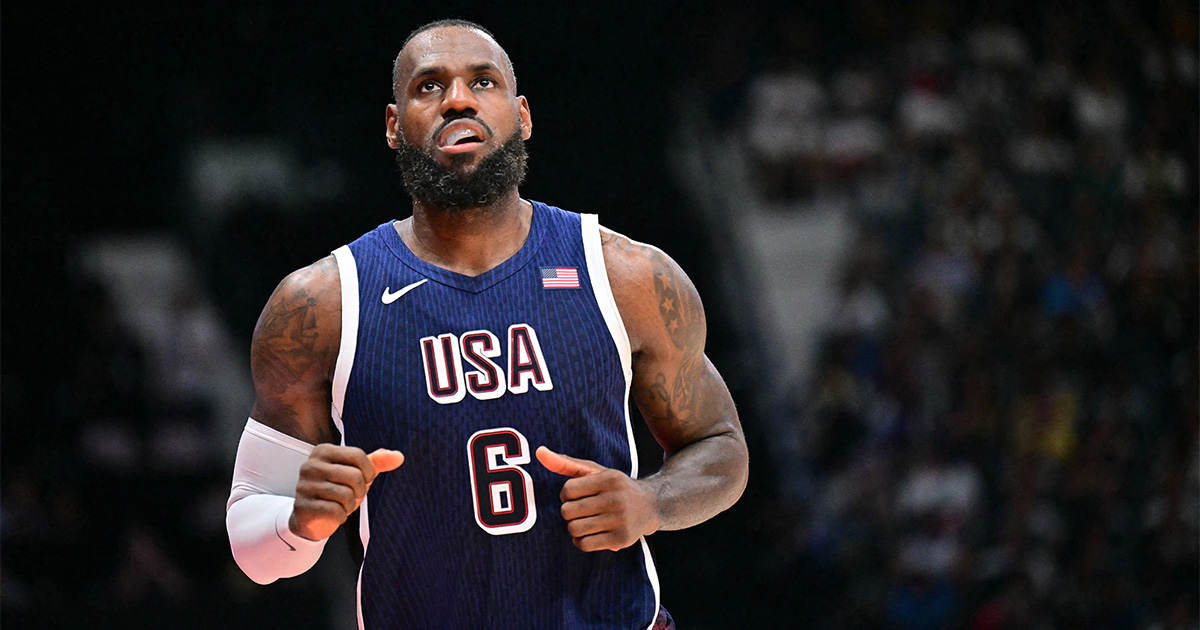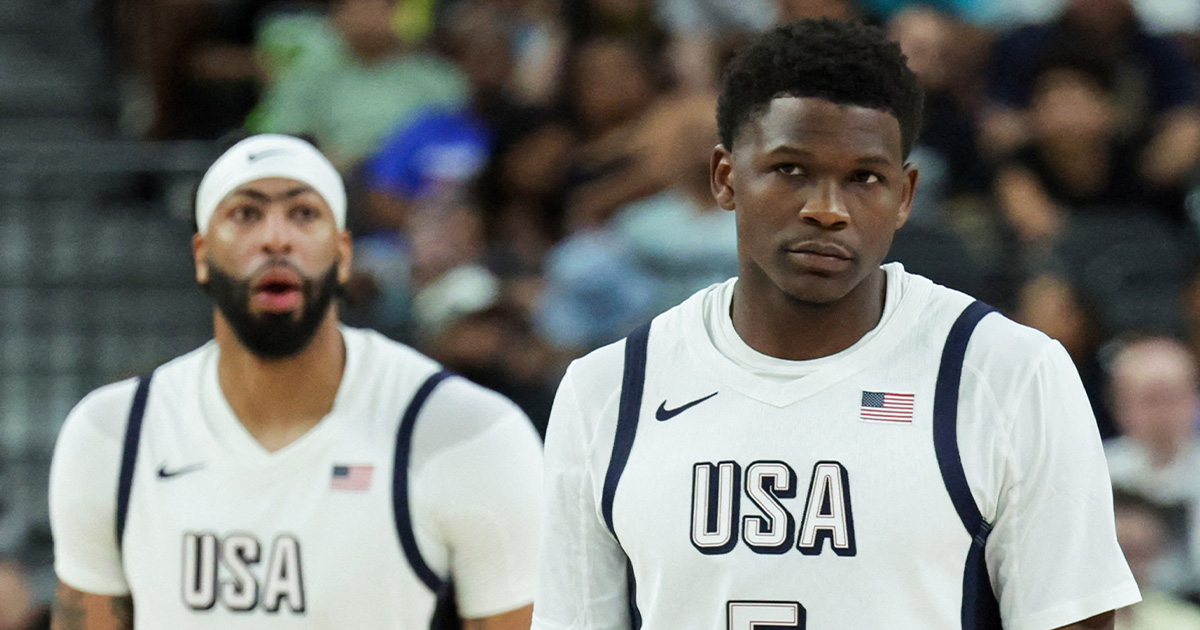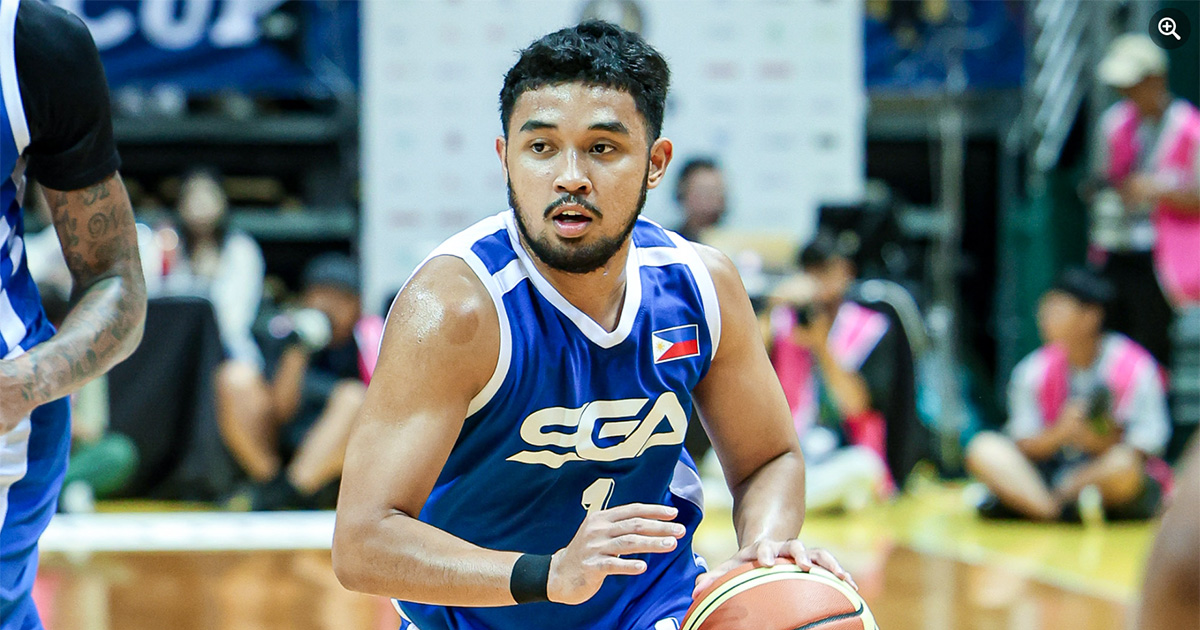Free-flowing ball movement, back-door cuts, fast-paced basketball and a penchant for the three-ball are all staples of the NBA now, but there was a time when plodding defenses and a grind-it-out style led the way.
We’re not talking about the 1950s either. One of the lowest-scoring games in NBA history happened in May 10, 2002, where a playoff scoreline between the Boston Celtics and Detroit Pistons was 66-64 at the end of the game. It was an era where slow and methodical basketball ruled, and some of the most successful teams, like the San Antonio Spurs and Detroit Pistons, found success by slowing down the game as much as possible.
That Spurs team, which won four titles between 1999 and 2007, even had a regular season game against the Miami Heat on February 1, 2003, that finished 67-65. That’s barely a halftime score in a lot of games in the modern NBA.
The Sacramento Kings weren’t part of that trend. For a six-year period, they were the best show on the court and provided NBA fans with a glimpse of how playing fun and stylish basketball could still lead to success. Between 1998 and 2004, they brought in players like Webber, Vlade Divac, Jason Williams, Peja Stojakovic, Doug Christie, Hedo Turkoglu, and Bobby Jackson, who fought against the trend and played a free-flowing style of passing that is now enjoyed by dynasties like the Golden State Warriors. Ironically, the 2014 title-winning Spurs team also evolved to play with a passing game reminiscent of the Kings.
In their early days together, Williams and Webber in particular became famous for electrifying audiences with their ability to handle the ball, score, and pass the rock. Behind-the-back and no-look passes became part of the norm, and this vaulted the Kings into fame all over the globe.
That Kings team was fun to watch. Even after they parted ways with Jason Williams to bring in a more stabilizing presence in Mike Bibby, they played a team-oriented style of basketball that everyone fell in love with.
There’s no doubt that Webber was the best player on that team. In his best season (2000-01), he averaged 27.1 PPG, 10.1 RPG, 4.8 APG, 1.7 SPG and 1.3 BPG. In that six-year peak for the Kings, Webber only averaged under 20 PPG once, and that was during the 2003-04 season where he only played 23 games after suffering a knee injury in the 2003 playoffs that he never fully came back from. In his prime days with the Kings, Webber averaged 23.5 points, 10.6 rebounds, 4.8 assists, 1.5 steals and 1.5 blocks.
During his playing days, Webber had to go up against the likes of Tim Duncan, Kevin Garnett and Dirk Nowitzki in the Power Forward position and held his own. Here are their numbers for comparison.
- Chris Webber – 20.7 PPG, 9.8 RPG, 4.2 APG, 1.4 SPG and 1.4 BPG in 47.9% FG in 15 seasons
- Tim Duncan – 19.0 PPG, 10.8 RPG, 3.0 APG, 0.7 SPG and 2.2 BPG in 50.6% FG in 19 seasons
- Kevin Garnett – 17.8 PPG, 10.0 RPG, 3.7 APG, 1.3 SPG and 1.4 BPG in 49.7% FG in 21 seasons
- Dirk Nowitzki – 20.7 PPG, 7.5 RPG, 2.4 APG, 0.8 SPG and 0.8 BPG in 47.1% FG and 38.0% 3PT FG in 21 seasons.
In terms of talent, prime Webber was really that good. His knee injury unfortunately robbed him of the chance of having a few more great years. The Kings made the playoffs every year that Webber was on the roster, and even continued to do so for a couple more years under Adelman’s tutelage until 2006, when they didn’t renew his contract. Sacramento never made the playoffs again after that.
Unfortunately, that squad never did manage to make the title, and the closest they came was taking the Shaq and Kobe-led LA Lakers to seven games in the 2001-02 season. To this day, that series still elicits talk about match-fixing.
Like Webber, Adelman deserves as much credit for the Kings’ success. As mentioned before, the Kings never made the playoffs again after he left, and it would be good to remember that he was also head coach of the Portland Trail Blazers from 1989-1994, and made the NBA Finals in one of those years – where he lost to Michael Jordan. The Princeton offense that Adelman and his assistant Pete Carril ran in Sacramento’s heyday was a thing of beauty.
It seems fitting, then, that the two men most responsible for the most successful run of a now-floundering Kings team are entering the Hall of Fame together.

